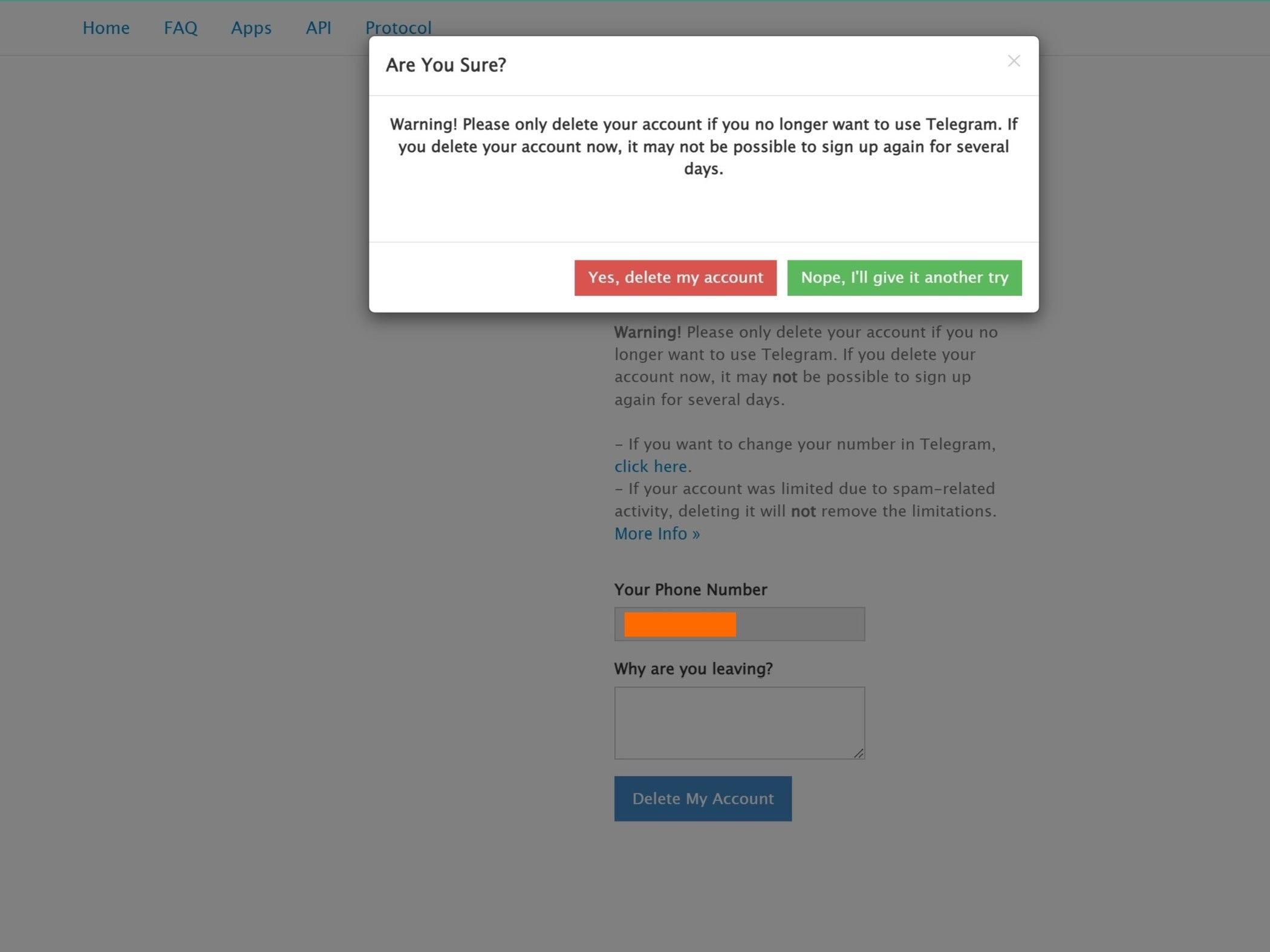 Tips for Resolving Unnatural Links and Improving Your Link Profile
Tips for Resolving Unnatural Links and Improving Your Link Profile
Unnatural links can be a nightmare for website owners, as they can have a detrimental impact on search engine rankings. In this article, we will explore what exactly unnatural links are, how to identify them, and provide helpful tips on how to fix your link profile for improved online visibility.
What are Unnatural Links?
Unnatural links refer to links that are obtained in a way that violates search engine guidelines. These links are often seen as manipulative and can result in penalties from search engines like Google. They can come from various sources, including link farms, paid link schemes, and excessive link exchanges.
It’s important to note that not all unnatural links are created intentionally. Some websites may unknowingly have unnatural links pointing to their site due to outdated SEO practices or malicious actions by third parties.
How to Identify Unnatural Links
Identifying unnatural links is crucial in order to take appropriate action. One of the most effective methods is by utilizing tools such as Google Search Console or third-party tools like SEMrush to analyze your backlink profile. Look out for patterns such as a high number of links from low-quality websites, irrelevant anchor text, or sudden spikes in link acquisition.
Another way to identify unnatural links is through manual review of your backlink profile. Take note of links that seem out of place or have no relevance to your website’s content. Keep an eye on links from websites that have been flagged for spam or have a history of engaging in black hat SEO tactics.
How to Fix Your Link Profile
Once you have identified unnatural links pointing to your website, it’s crucial to take immediate action to remove or disavow these links. Here are some steps you can take:
1. Contact Webmasters: If you have identified specific websites that are linking to your site unnaturally, reach out to the webmasters and kindly request that they remove the links. Provide evidence as to why the link should be removed. In some cases, webmasters may be willing to cooperate and remove the link voluntarily.
2. Disavow Links: If you are unable to get certain unnatural links removed, you can use Google’s Disavow Tool to inform Google not to take those links into account when assessing your website’s search engine rankings. Be cautious when using this tool, as disavowing legitimate links can also harm your SEO efforts.
3. Build High-Quality Links: To counterbalance the impact of unnatural links on your link profile, focus on building high-quality and relevant links from reputable websites. Creating valuable content that naturally attracts backlinks from authoritative sources in your industry is a great strategy. Guest posting, influencer outreach, and social media promotion are all effective methods for building quality backlinks.
4. Monitor Your Backlink Profile: Regularly monitoring your backlink profile using tools like Google Search Console or SEMrush is crucial to ensure that new unnatural links are not being acquired. Stay vigilant and continue to audit your backlinks periodically to maintain a healthy link profile.
Conclusion
Unnatural links can have a negative impact on your website’s search engine rankings and online visibility. However, by identifying and resolving unnatural links in your link profile, you can enhance your website’s SEO performance and avoid potential penalties from search engines. Remember to regularly audit your backlink profile and focus on building high-quality links to maintain a healthy link profile over time.
If you’re looking for more information on how to improve your website’s SEO performance, don’t hesitate to contact our team of experts today! We’re here to help you navigate the world of link profiles and boost your online visibility.
